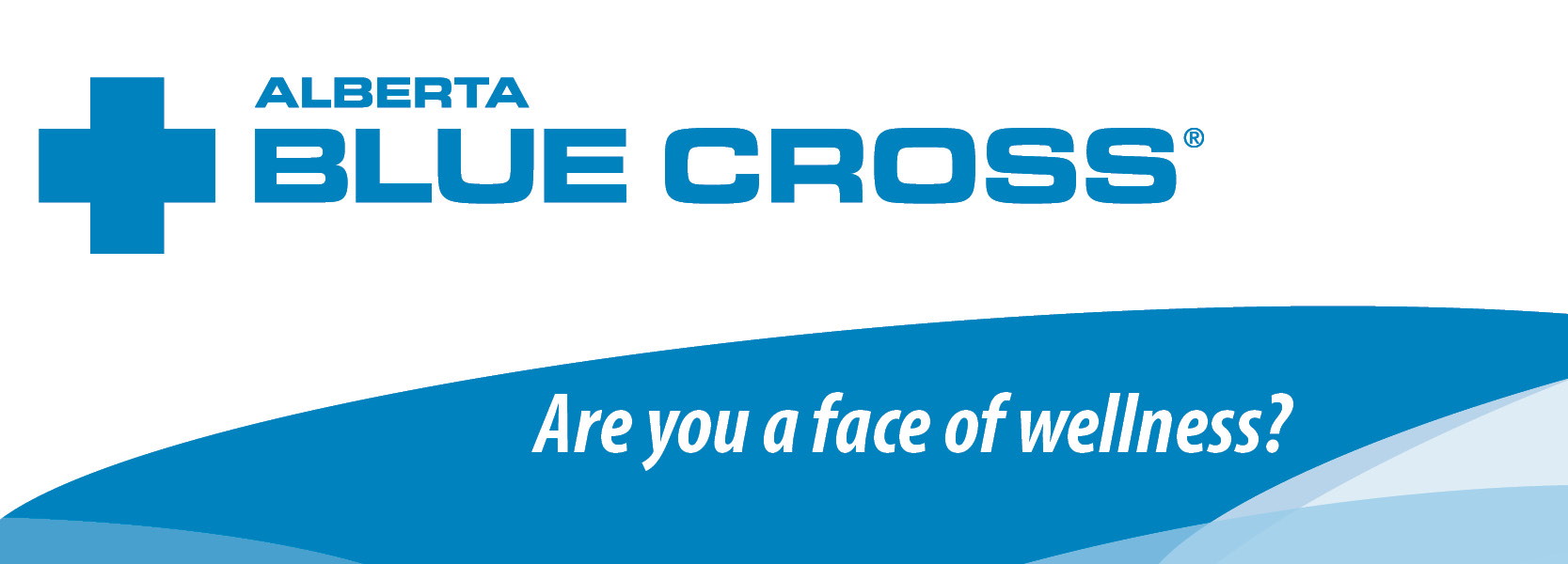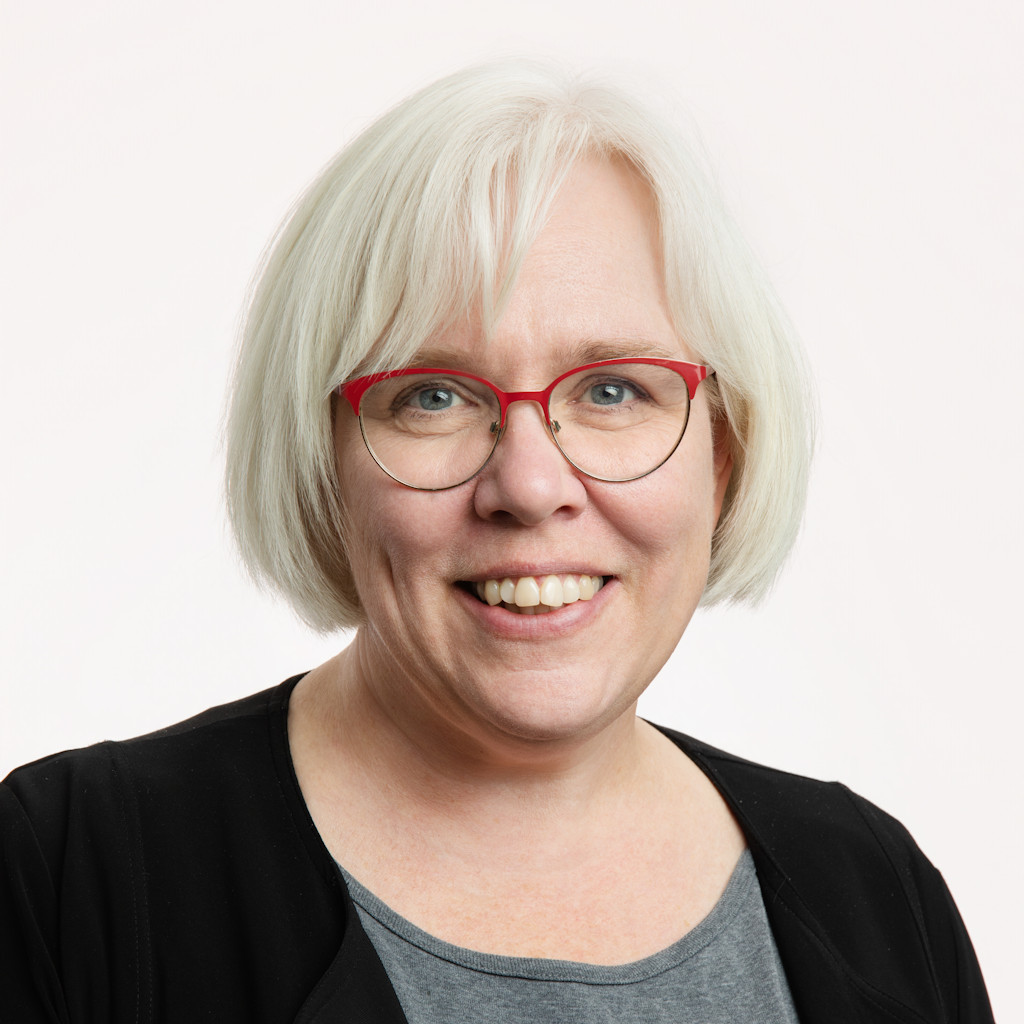
Simulation centre helps entrepreneurs get products into expert hands
By
Brett McKay
NAIT is looking to open its Centre for Advanced Medical Simulation (CAMS) to more entrepreneurs and innovators for product development and testing, six years into its existence as a place to provide immersive spaces for health and sciences training.
CAMS was part of the initial intake for an Alberta Innovates program called Health Innovation Platform Partnerships (HIPP), which provided $200,000 to develop a pilot project's proof-of-concept. It received an additional $1.2 million in the second phase announced in January.
Edmonton startup MACH32 was among the first companies to make use of this arrangement, and it was something of a "guinea pig for NAIT and the CAMS" in the HIPP program as the company tested both its Aerosol Containment Tent and its IMSAFE intramuscular autoinjector in the simulation spaces in the summer of 2021, said COO Kelly Mottet.
"Feedback during product development from end users is so important — it helps make sure that we're designing the right product for the market, as well as identify any sort of user errors that we can easily and cost-effectively address early in development," Mottet said of the value of simulated testing environments like CAMS. "If we learn those things after we go to market, then they can be very expensive to address and very damaging for ultimate commercialization of the product."
So far, CAMS has been focused on devices, products, and processes related to health and life sciences, said business development lead Diana Shaw. The facility has broad potential uses, but importantly, it lets developers get their device "into the hands of an end user, whether that be a physician or a respiratory therapist, and get them to test it in as close as possible to a healthcare environment without actually being in that environment, so you're not putting patients at risk."






